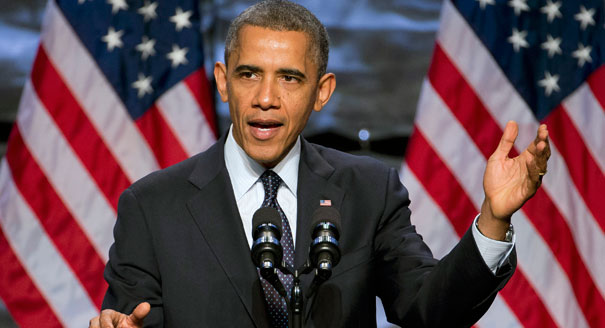By The Institute for College Access & Success
“The White House plan announced today elevates the universal need for some post-secondary education in today’s economy and the need to make college affordability a national priority. The White House plan differs significantly from Tennessee’s and other “free community college” plans and addresses many, but not all, of those plans’ limitations.
“In particular, low-income students could benefit from the White House proposal because it is not a “last-dollar” scholarship like the Tennessee Promise, which only helps students who don’t already get enough aid to cover tuition. This is a critically important distinction because, given the relatively low income of community college students and the relatively low tuition charges at community colleges, last-dollar scholarships rarely benefit community college students with the greatest need and rather benefit those with the least need. Instead, the White House plan provides greatly needed additional federal funding to states that make key reforms, including not charging tuition or fees at community colleges. The proposal is aimed squarely at stopping state divestment from public colleges, which is crucial to making college more affordable.
“Still, making community college tuition free for all students regardless of their income neither focuses resources on the students who need aid the most, nor addresses the bulk of the costs of attending community college since tuition charges comprise only one-fifth of the cost of attendance. Consider California community colleges, which have the lowest tuition in the nation plus waivers for low-income students; application rates for federal aid are notoriously low, part-time enrollment rates are sky high, and too many students still can’t afford to stay in school and graduate.
“This Administration has rightly made college affordability a top priority, from increasing need-based Pell Grants to making student loan payments more manageable, and we look forward to continuing to work with the Administration and Congress to increase college access and success for students who need help the most.”
# # # #
 Westside Story Newspaper – Online The News of The Empire – Sharing the Quest for Excellence
Westside Story Newspaper – Online The News of The Empire – Sharing the Quest for Excellence



